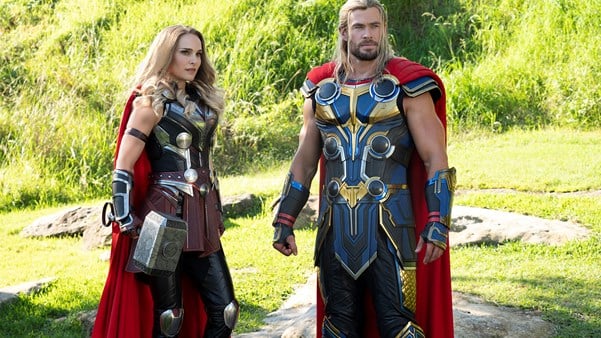Chloe Walker revisits the peaks and troughs of the two-time Academy Award winner’s eclectic filmography, and asserts that the octogenarian’s recent run has solidified his lofty status.

In One Life, Anthony Hopkins plays perhaps the most heroic character of his whole filmography: Sir Nicholas Winton, a real-life humanitarian who rescued 669 children from the Holocaust. It’s been yet another widely lauded role in an astonishing late-career run for the beloved Welshman.
First though, let’s go back to the beginning. Hopkins hardly spent the first 30 years of his screen life in obscurity. He acted opposite Katharine Hepburn and Peter O’Toole in The Lion in Winter (1968); he starred in David Lynch’s The Elephant Man (1980); he appeared in prestigious screen adaptations of Hamlet (1969), A Doll’s House (1973) and War & Peace (1972-1973). He may not have quite been a household name, but he was a well-respected one, who proved his formidable talent over and over again.
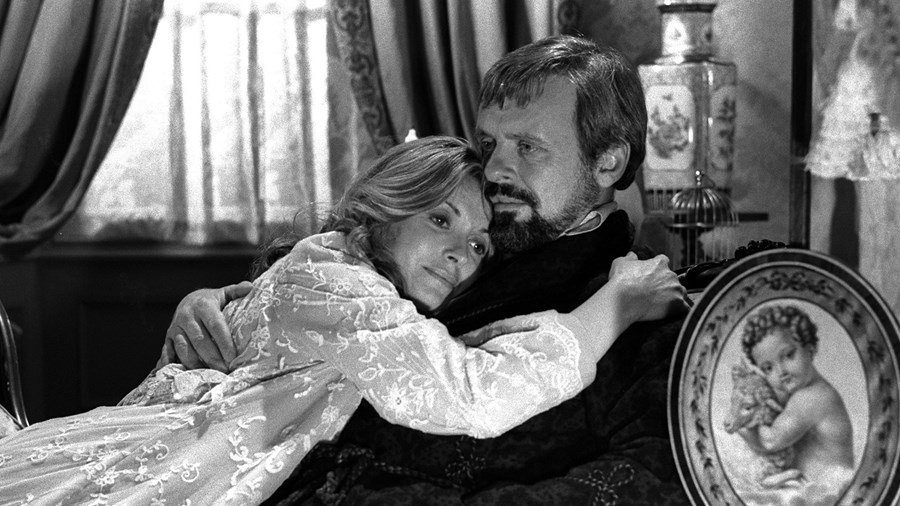
The Elephant Man (1980)
In 1991 however, The Silence of the Lambs sent him into the stratosphere. Hopkins’ Oscar-winning turn as cinema’s most famous cannibal made the experienced actor into a bonafide icon. In the years following, he enjoyed a long spell as an unlikely leading man, playing presidents for Steven Spielberg and Oliver Stone, starring opposite Brad Pitt twice, opening movies on the back of his name alone. He seemed to be unstoppable.
And yet, although he continued to work consistently, the further he got from his first Oscar win, the more his newly shiny career started to lose its lustre. There were fewer big projects, flatter roles. He’d play Hannibal Lecter twice more, to decidedly less fanfare. The years passed, and it started to look like his best days were well and truly behind him.
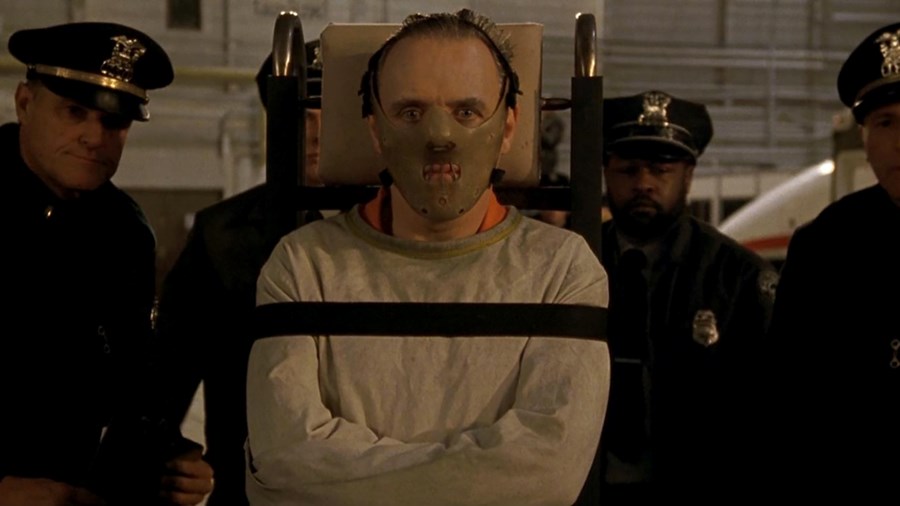
The Silence of the Lambs (1991)
Still, he kept right on working through these lean times, and eventually discovered his second wind.
Never an actor to shy away from new things, in 2016 Hopkins debuted as a series regular on the first season of Westworld, playing the co-inventor of the infamous park of sentient robots. In an HBO show with an enormous budget and a stellar cast (he was far from the only movie star on the roster), his immense gravitas proved a vital anchor to the action. His acclaimed turn seemed to remind Hollywood that he was a great talent still very much alive and kicking, and soon his idling career started to rev into gear once more.
Which is not to say it’s been a perfect run for him. Appearances in big blockbusters like 2017’s Transformers: The Last Knight and Thor: Ragnarok (the third Thor film in which he’d starred) were clearly more for the pay cheque than the highlight reel. And he’s certainly not been immune from the kind of direct-to-video nonsense that has entirely swallowed up the careers of many of his peers, like his cameo in the bafflingly chaotic Where Are You (the 2021 directorial debut of Riccardo Spinotti, son of legendary cinematographer Dante, a great friend of Hopkins’).
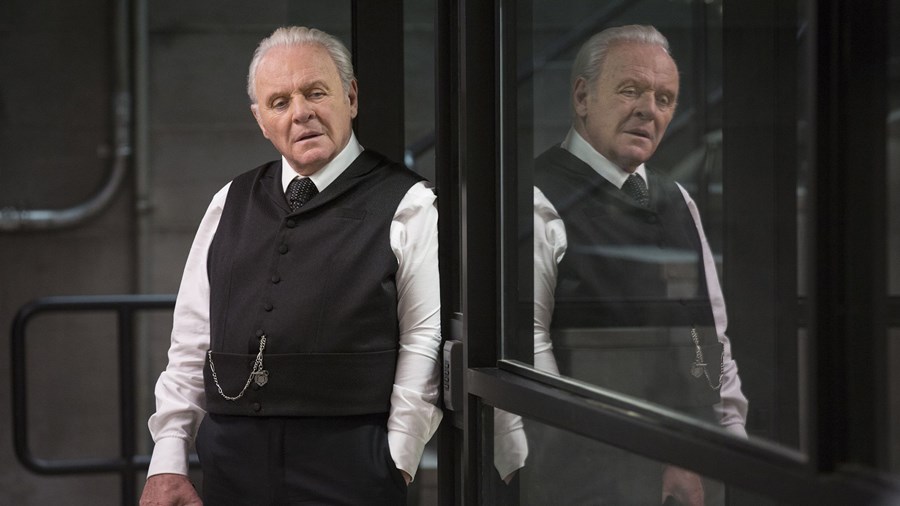
Westworld (2016)
But even when the overall production isn’t worthy of him, he’ll often be the best thing about it – see his scene-stealing monologue in the otherwise quotidian actioner, The Virtuoso. Or for a more extreme example, his brief cameo in last year’s critical and commercial flop The Son, Florian Zeller’s follow-up to the film that won Hopkins his second Oscar, The Father (2020). The tale of a dad’s (Hugh Jackman) struggle with his teenage son’s (Zen McGrath) depression, The Son was derided for its emotional broadness and wildly misguided take on very sensitive material. Nevertheless, in a movie crammed to the brim with BIG performances, it’s understandable how Hopkins’ searingly chilly, single-scene turn as Jackman’s father could have made a powerful impact. He was the only person to come out of that film earning widespread praise.
Being a Hollywood actor in your twilight years means you’re often on grandparent duty, but Hopkins’ warm patriarch of Armageddon Time (2022) was miles away from his character in The Son. In writer-director James Gray’s autobiographical story about his childhood realisation of racial inequality and his own privilege, Hopkins plays the grandfather of Gray’s 11-year-old surrogate Paul; the sole member of his cold family the boy actually likes. As the narrative progresses, both we and Paul learn that there’s more to his cuddly Gramps that originally meets the eye, and Hopkins fills in those nuances with complex, compelling texture.

Armageddon Time (2022)
Hopkins has played numerous famous figures over his decades in Hollywood – Richard Nixon, Alfred Hitchcock, Adolf Hitler, Sigmund Freud – and his Pope Benedict XVI in The Two Popes (2019) was among the most interesting portrayals. Starring opposite fellow Welshman Jonathan Pryce as Benedict’s far more liberal successor, Hopkins brought an intriguing sensitivity to the arch-conservative pope, and a genuine warmth to his rapport with Pryce. Both men would earn Academy Award nominations for their roles (it would be Hopkins’ first such nod since his barnstorming turn in Steven Spielberg’s Amistad in 1997).
Talking of famous figures – though this one was admittedly fictional! – Hopkins also shined as the titular monarch in the BBC adaptation of King Lear (2018). The production was notably lacking in budget compared to his film work, but Hopkins headed up a starry cast with enough visceral power to help those limitations fade into the background, imbuing his Lear with a potent mix of fragility and ferocity.
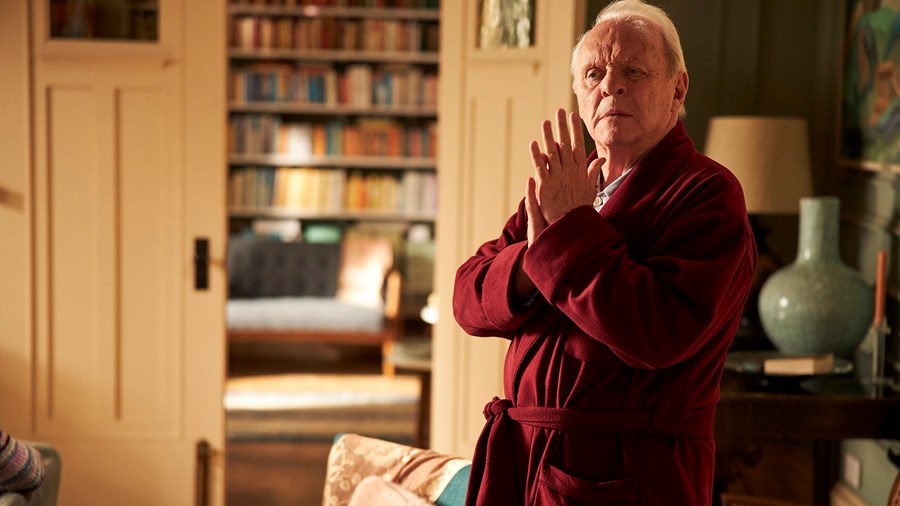
The Father (2020)
Of course, the crowning achievement of this late stage of Anthony Hopkins’ career has been The Father, which – at 83 – made him the oldest ever recipient of an acting Oscar. The film uses various ingenious methods to drag the viewer into the fevered mind of a man struggling with dementia, but the most effective tool deployed by writer-director Florian Zeller is simply the performance of his leading man, whose evocation of the fear and anguish and confusion at the heart of the condition is devastatingly, terrifyingly rendered.
And yet, despite the immensity of his work on The Father, and despite the rapid encroachment of the years, Hopkins’ refusal to slow down his formidable pace of production, and his determination to embrace variety in his roles, means there’s every reason to believe he has a performance to equal – or even surpass it – still ahead of him. To be over halfway through your ninth decade and still have a career that exciting? That’s how an actor becomes a legend.
WATCH ONE LIFE IN CINEMAS



